Every summer, Florida Sea Grant awards funding to students as they work under a University of Florida adviser. Meet the amazing eleven students that comprise Florida Sea Grant’s cohort of 2024 Summer Research Interns.
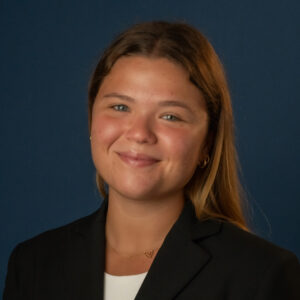 Amber Leonard
Amber Leonard
Amber Leonard is a junior at the University of Florida studying marine science and Spanish. She is conducting research under Drs. Kent Crippen and Julie Brown of UF’s College of Education. Leonard will assist in examining the local marine science knowledge, curriculums and conservation efforts of Levy County, Florida. Her responsibilities include organizing recorded interviews into subcategories for data visualization.
“This specific research opportunity stood out to me so much because of the personable path the research takes in taking the time to get the perspectives of locals,” said Leonard.
The data gathered will help create a marine science curriculum for the local communities, increasing education and awareness for marine life. For Leonard, this research allows her to have hands-on experience in conservation efforts with tangible impacts.
In the future, she’s interested in continuing research on conservation, coral reefs and chemical oceanography.
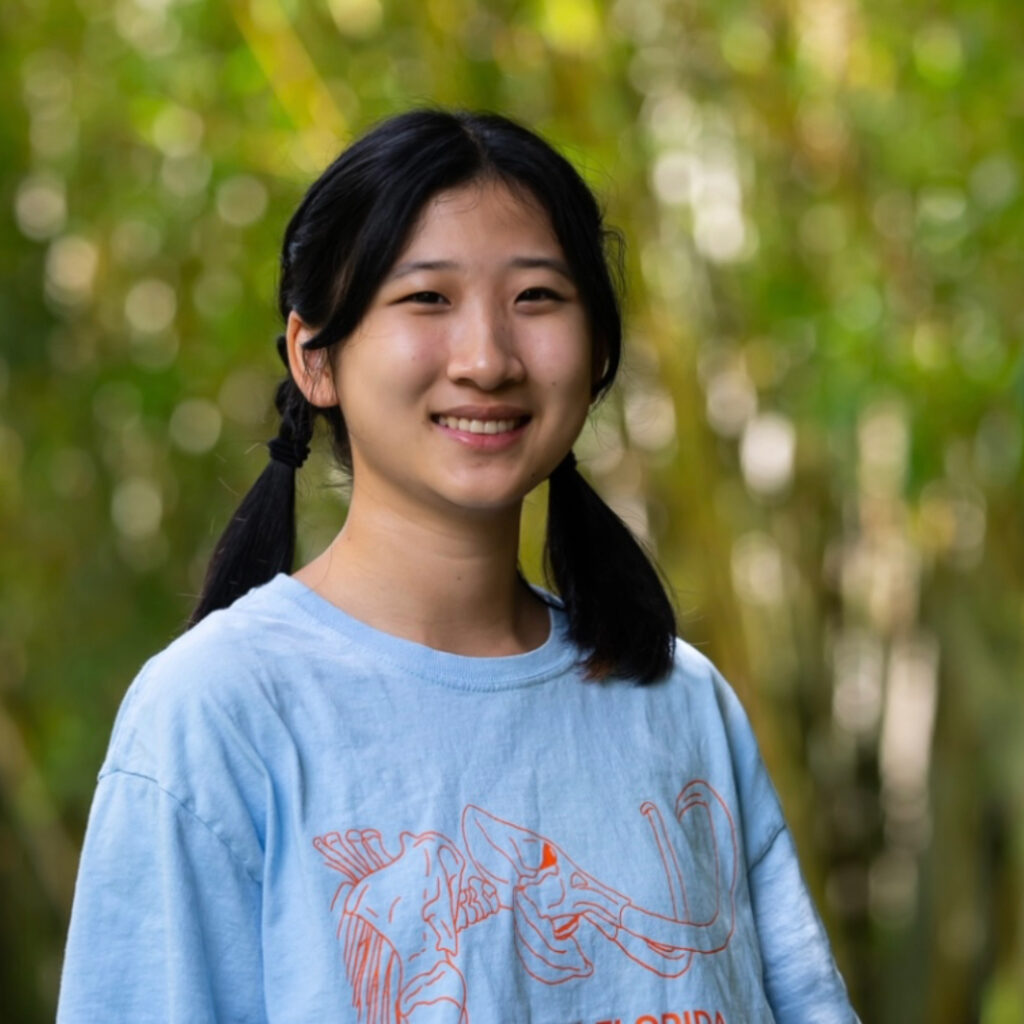 Tiffany Zhang
Tiffany Zhang
Tiffany Zhang is a senior at the University of Florida studying mathematics and UF Teach. Like fellow intern Amber Leonard, she is also working under Drs. Crippen and Brown on integrating local marine science knowledge in curriculums. Her responsibilities include coding, conducting teacher interviews, and analyzing data.
Zhang was introduced to this opportunity by a co-researcher on another ongoing project.
“Although I am not familiar with many coastal and marine science topics, I enjoy learning about the conversation and outreach methods used,” said Zhang
As she continues her internship, Zhang hopes to further explore the intersection between research and education and experience the various stages of research.
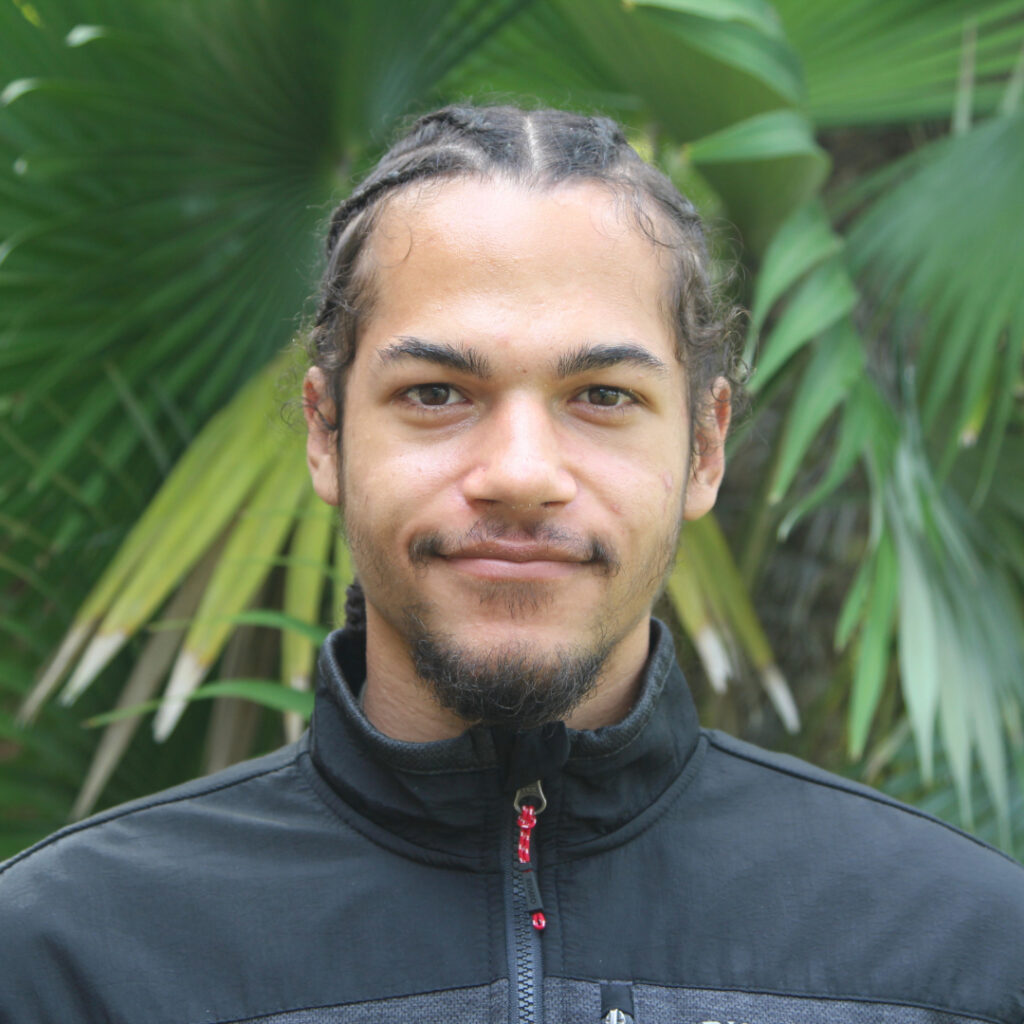 Dicarlo Davis
Dicarlo Davis
Dicarlo Davis is a senior at Barry University studying marine biology. This summer he is working under Dr. Ashley Smyth, at the UF/IFAS Tropical Research & Education Center in Homestead, Florida, exploring whether equatorial seaweed species can be cultivated in Florida’s tropical waters.
Davis balances lab and field work to measure the growth impacts of varying conditions on the seaweeds and analyze the water quality and nutrients. His work contributes to the project’s broader goal of increasing coastal biodiversity and expanding the commercial potential of Florida’s seaweed market.
“I wanted to become part of the dedicated research and education that the Florida Sea Grant offers,” said Davis. “I am looking forward to being able to relay my experiences and findings along the way. I have learned a lot in terms of seaweed aquaculture and aim to keep learning more!”
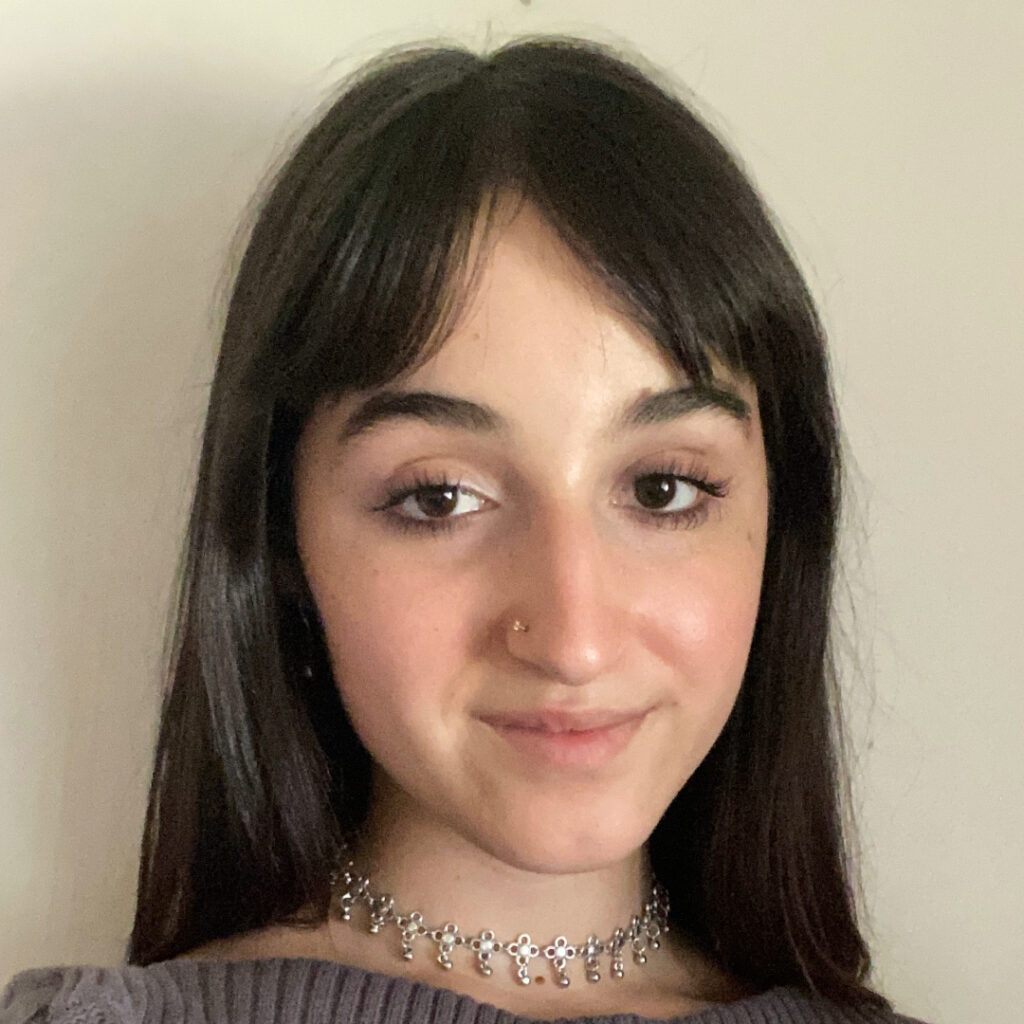 Emily Richter
Emily Richter
Emily Richter is a rising junior at the University of Florida studying marine science. She is interning with Dr. Ed Phlips, of UF/IFAS’s School of Forest, Fisheries, and Geomatics Sciences, to study the role of discharge in the development of harmful coastal algae blooms, specifically from Lake Okeechobee to the Caloosahatchee and St. Lucie estuaries.
The project combines field and lab work to determine which areas in Florida should be targeted with mitigation efforts for their harmful algae blooms. Richter began the internship by collecting and examining the estuaries’ water samples. Currently, she’s researching ways to improve the fluorescent probes used for further chemical and microscopic water analysis.
As the project continues, Richter said she hopes to learn more about phycology, the study of algae, and how to operate the required water filtering devices.
“Becoming a Florida Sea Grant intern seemed like a great way to gain experience in the field in which I hope to someday work,” said Richter.
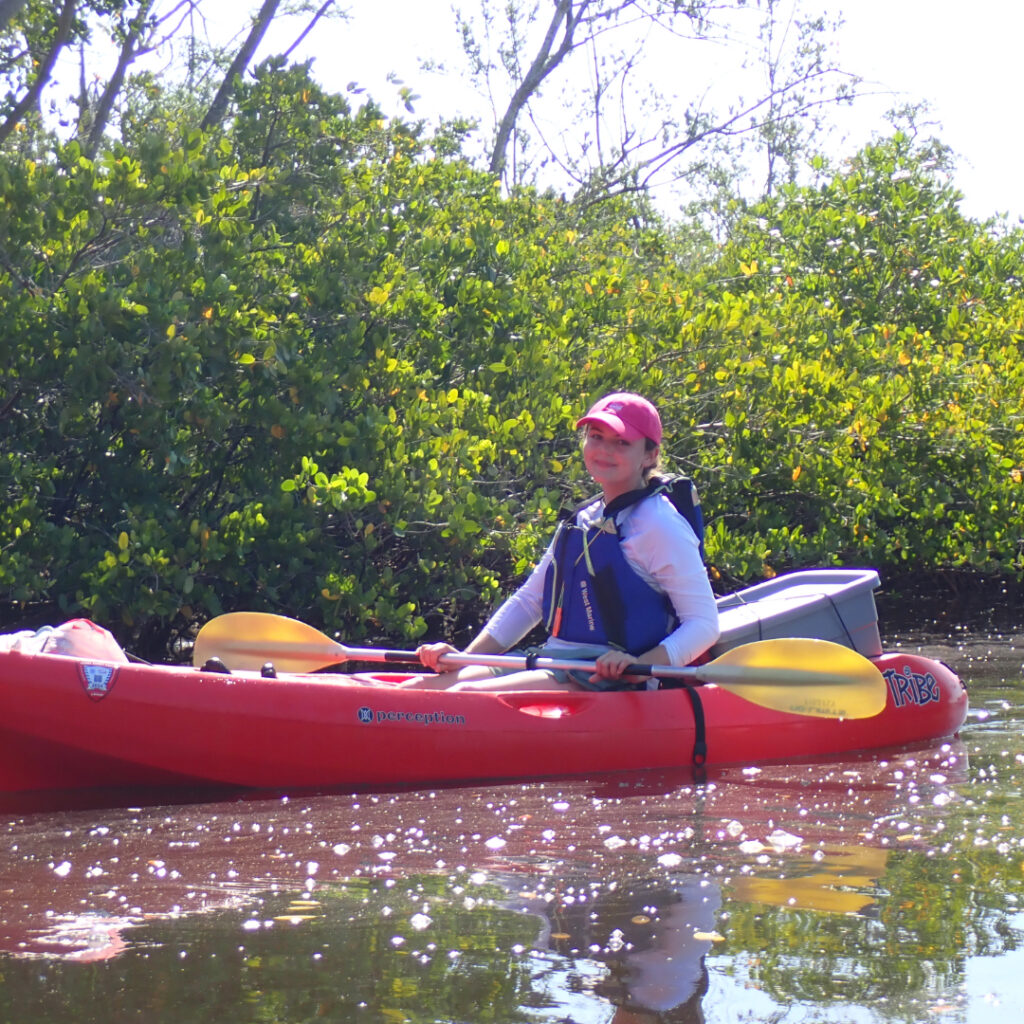 Grace McCranie
Grace McCranie
Grace McCranie is a junior at the University of South Florida studying marine biology. She is working in UF/IFAS’s Tropical Aquaculture Lab in Ruskin, Florida, under Dr. Matt Dimaggio.
Their research project focuses on copepods — crustaceous zooplanktons ideal for first-feeding marine fish larvae due to their nutrient density and small size. Copepod cultures are susceptible to infection from single-celled organisms called ciliates, which decrease their chance of survival.
McCranie designs experiments to disinfect copepods with varying chemicals and exposure times while keeping them viable for fish feeding. In this role, she said she looks forward to learning more about the research process and aquaculture field.
“I’m very passionate about marine conservation and appreciate the work the Tropical Aquaculture Lab is doing to make the culturing of marine fish more efficient,” said McCranie. “The opportunity to help make the culturing process more effective to alleviate some pressure off fish in the ocean is an invaluable opportunity.”
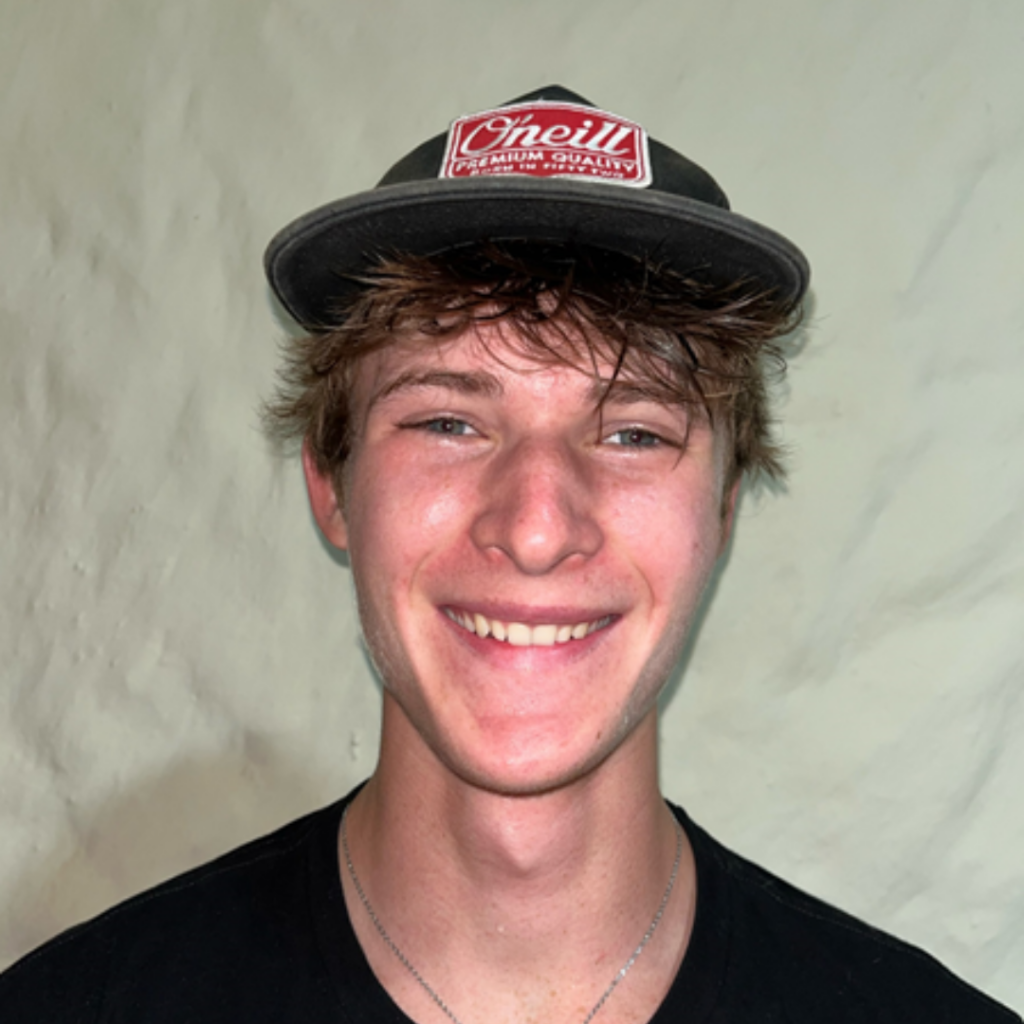 Grant Behringer
Grant Behringer
Grant Behringer is a rising sophomore at Florida State University, studying biology. He is working under Dr. Robert Lamb at the UF/IFAS Nature Coast Biological Station.
Previously Behringer, a biology major, has assisted research on how crayfish and surrounding species were affected by disease.
“I have always been interested in learning about the organisms that live around us and being outside, so this opportunity with Florida Sea Grant was a perfect fit”, said Behringer.
His internship recently kicked off by setting up traps to capture blue crab larvae. The team will set up mazes to determine whether the larvae prefer salt marsh or mangroves habitats, providing insights into how the blue crab population will be affected by global warming as mangroves move up the coastline and replace marshland.
“I’m looking forward to getting field work experience and seeing how the whole scientific process works first hand,” said Behringer.
I wanted to become part of the dedicated research and education that the Florida Sea Grant offers. I am looking forward to being able to relay my experiences and findings along the way. I have learned a lot in terms of seaweed aquaculture and aim to keep learning more!
Dicarlo Davis
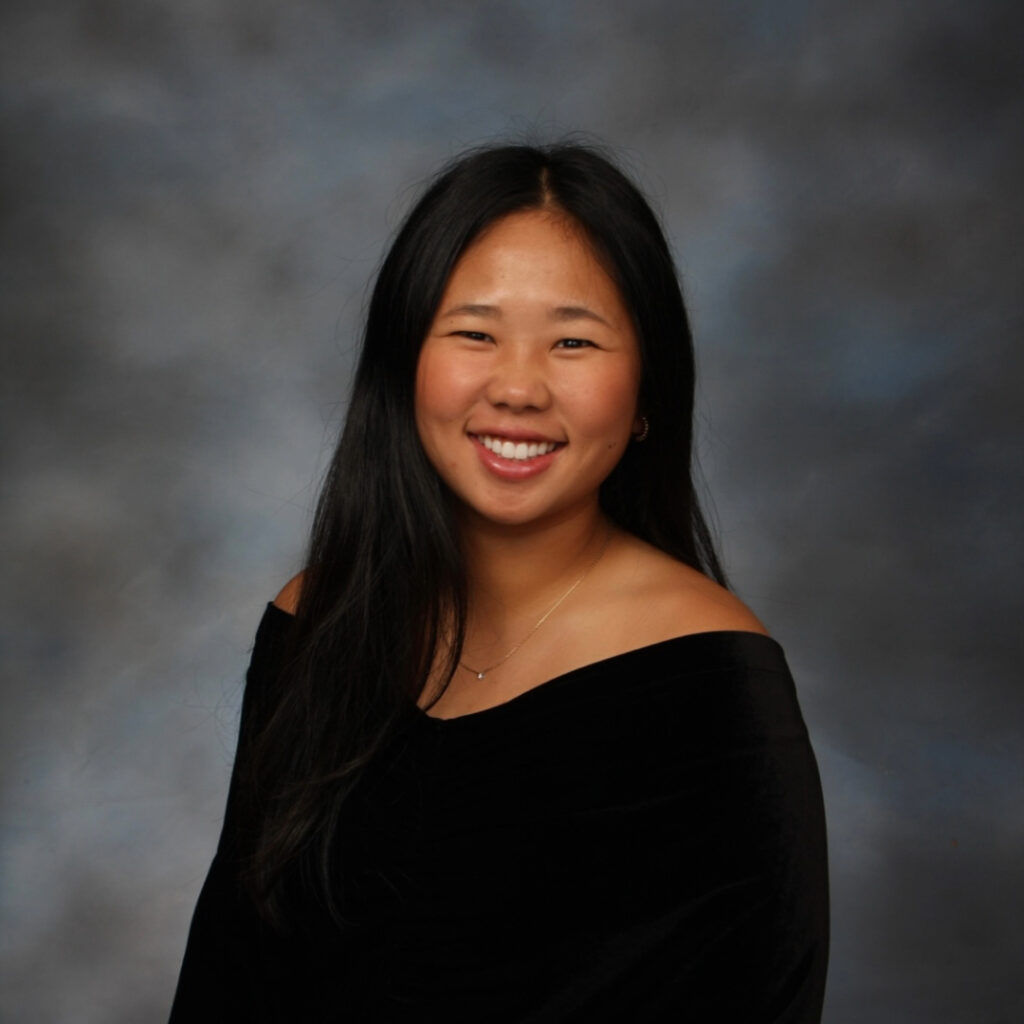 Jia Johnson
Jia Johnson
Jia Johnson, is a rising senior at the University of Florida, studying political science and marine science. She is interning with Drs. Ed Camp and Andrew Ropicki to examine the current trends of Florida’s commercial fisheries coast-wide. Using data from the Florida Fish and Wildlife Commission, this project blends marine science research with statistics to build accessible and comprehensive resources on the status-quo of Florida’s commercial fisheries. Johnson will assist by extracting, organizing, and visualizing data and writing project reports.
Johnson has previously worked in labs at UF and Boston University. She said she decided to join this project after Camp, her mentor, informed her of the opportunity.
“As an undergraduate at the University of Florida, students are very well connected to programs and opportunities that Florida Sea Grant has to offer,” Johnson said. “I have always envisioned being involved with an organization that promotes ocean education and conservation.”
As she continues her marine science studies, Johnson said she looks forward to learning about new ways to incorporate computer science and data into the field and how it can impact our livelihoods and the economy.
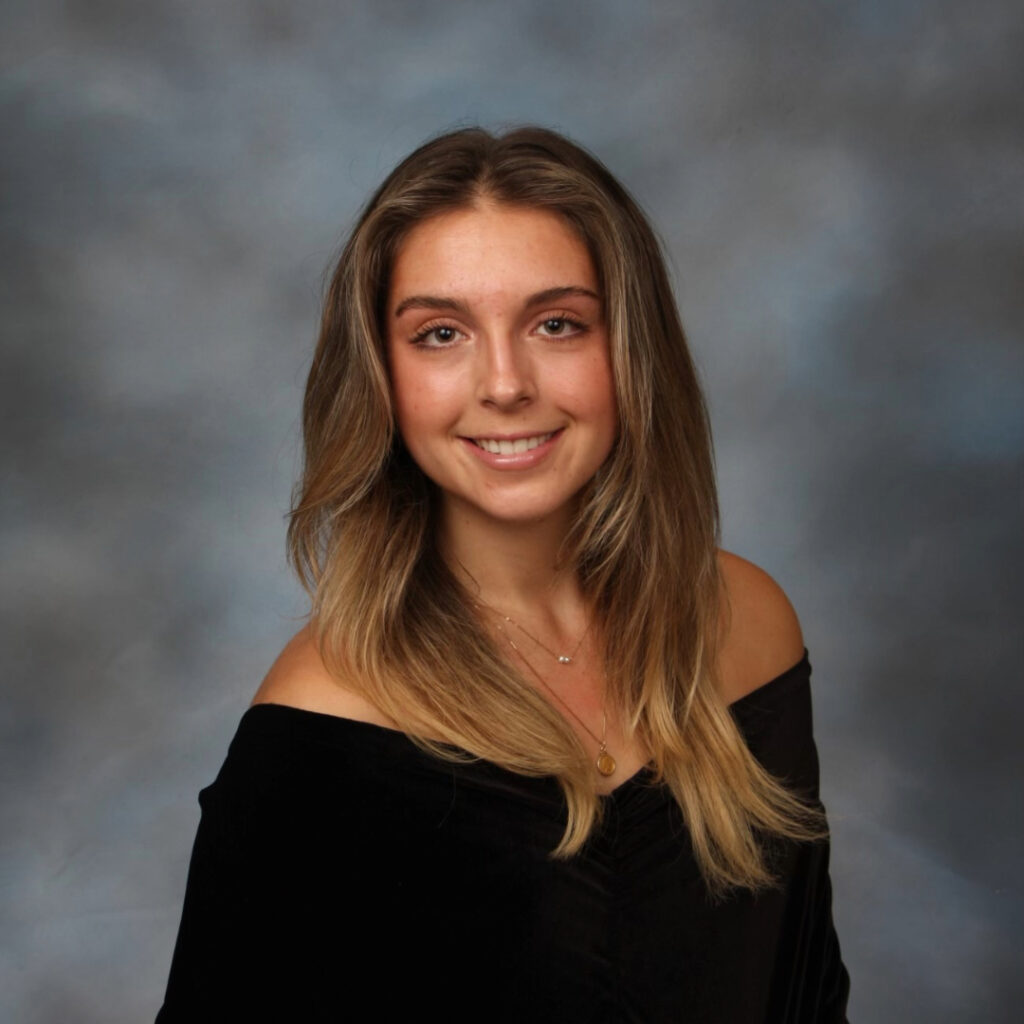 Lucy Grillo
Lucy Grillo
Lucille Grillo is a rising junior at the University of Florida, studying marine science. She interned with Dr. Josh Patterson at the Florida Aquarium’s Center for Conservation in Apollo Beach, Florida.
The internship spanned from May to June, where she assisted in developing methods and technologies for growing sea urchins into restoration size. Grillo worked in the lab and greenhouse to care for the sea urchins and helped maintain the aquaculture tanks and systems.
She sought this internship following advice from a lab instructor, who highlighted the importance of obtaining research hours as an undergraduate.
“The internship with Dr. Patterson was extremely interesting to me as he specializes in coral reefs, which help our environment tremendously. However, [coral reefs] are being greatly affected by current environmental issues,” said Grillo. “This experience provided me with lab experience and insight into my post-grad options.”
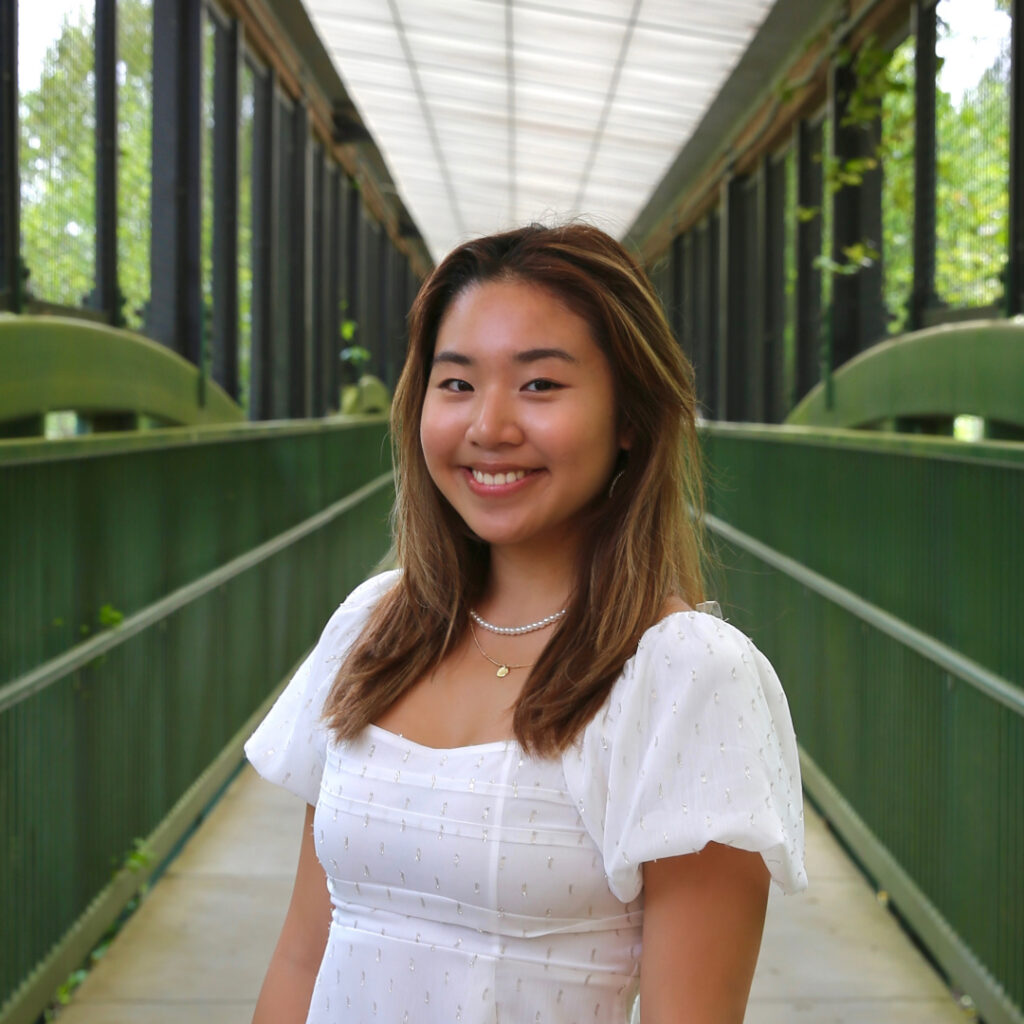 Phyllis Wah
Phyllis Wah
Phyllis Wah is a rising animal science junior at the University of Florida, who will be working under Dr. Shirley Baker, with UF/IFAS’s School of Forest, Fisheries, and Geomatics Sciences, researching the adaptive mechanisms of clams and oysters during thermal stress.
Wah assists in animal husbandry, experimental design, observations and statistical analysis. These findings will clarify the thermal maxima for shellfish and their resilience and adaptive capabilities in Florida and the Gulf of Mexico.
As a pre-vet student, Wah said she pursued this internship because marine animals are fascinating.
“I am looking forward to seeing myself engage with the organisms,” said Wah. “Florida Sea Grant provides me opportunities to take initiative and work as a team to investigate and learn more about the relationship between the ocean and humans.”
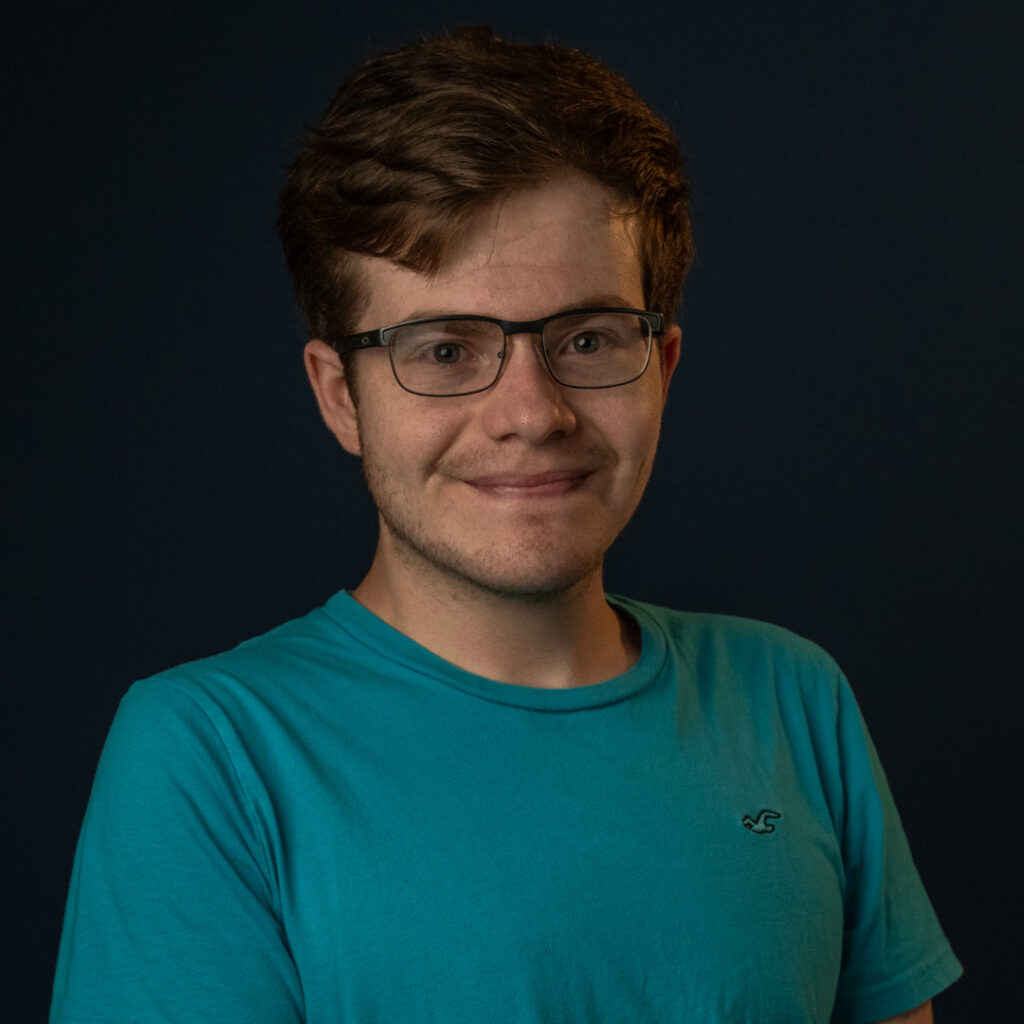 Tyler Krotenberg
Tyler Krotenberg
Tyler Krotenberg is a junior at the University of Florida, studying natural resource conservation and specializing in fisheries and ecology. He is working under Dr. Carrie Adams, in the Restoration and Plant Ecology Lab.
Their research is well underway as they study the germination rates of saltmarsh cordgrass seeds that have been in storage over four months. While previous literature suggests three months is the germination limit in the plant’s northern range, this team focuses on the Sunshine State.
“The overall goal is to provide better management practices in installing living shorelines by increasing the genetic diversity of the plants used through seed germination,” said Krotenberg.
Although he’s previously conducted field work with turtles, terrapins, and ghost orchids, this internship is Krotenberg’s first research experience in a laboratory. He enjoys collecting his own data as he learns about ecology restoration, he said.
“I also am excited about getting to work on a multitude of projects that will give me valuable experience and connections to help me in the future,” said Krotenberg.
Ryan Finnegan
Ryan Finnegan is a rising sophomore at University of Florida, studying environmental science. This summer he’ll be working under Dr. Debra Murie, from UF/IFAS’s School Of Forest, Fisheries, & Geomatics Sciences to research whether gray snapper fish spawned offshore remain offshore after reaching maturity.
Finnegan’s internship is based in the field. Within a student team, he will tag fish, about 80 miles offshore, and record information about their size, sex, location and more. These fish will be tracked to observe if they stay in deeper waters or travel inshore to shallower depths, which is relevant considering inshore gray snapper populations face higher fishing pressure than offshore populations.